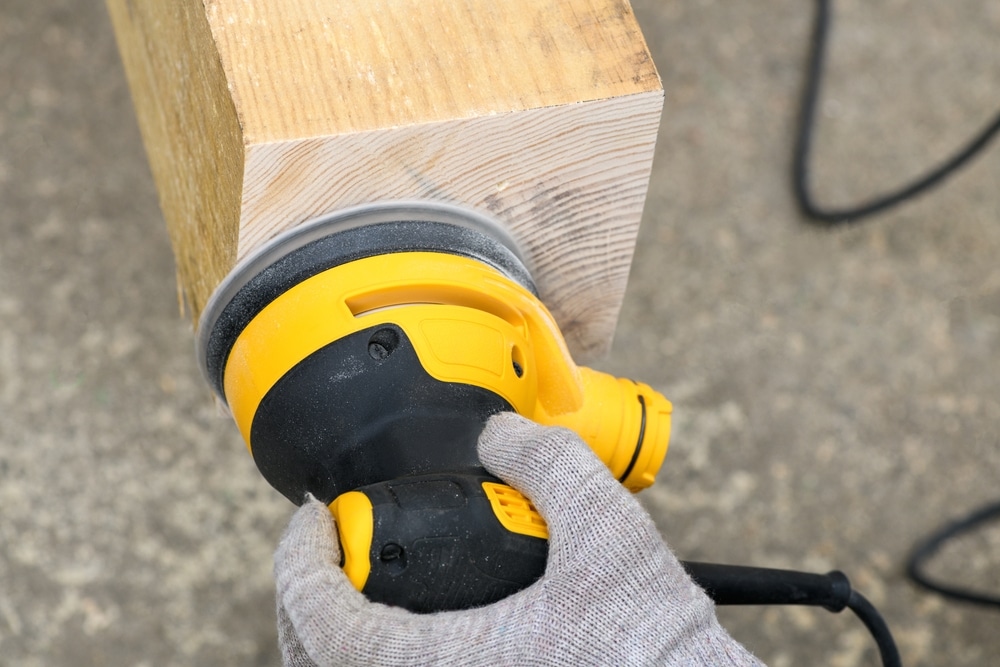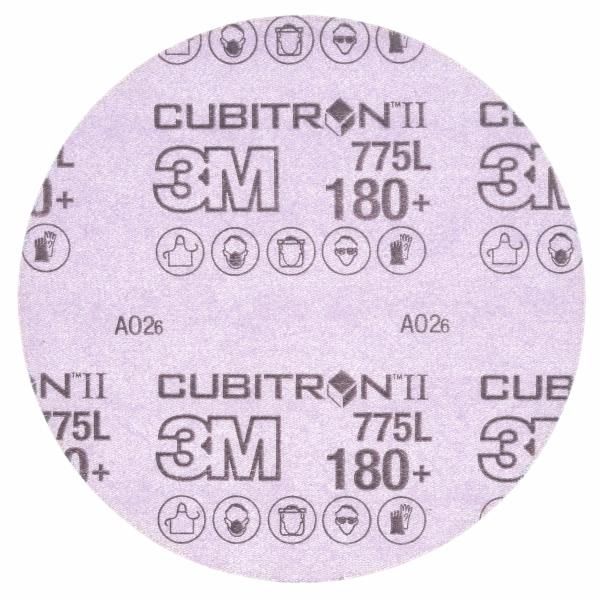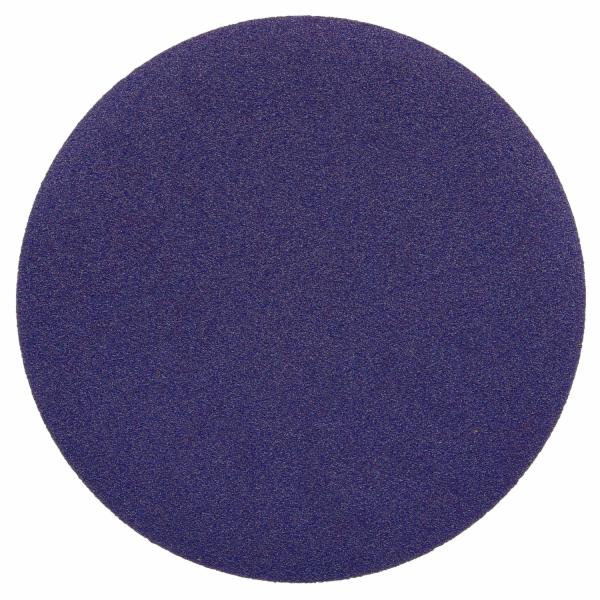- Abrasives and Accessories
- Adhesives, Sealants and Accessories
- Cleaning Supplies and Equipment
- Drill Bits and Accessories
- Electrical Items
- Hardware and Fasteners
- Health and Safety
- Lubricants and Penetrants
- Manufacturers
- Masking Products
- Office Supplies
- Packaging and Shipping
- Paint Application Products
- Painting Equipment and Supplies
- Polishing and Buffing
- Roto Mold Fasteners
- Tapes, Films and Accessories

3M™ Film Discs vs. Cloth Discs: Choosing the Right Abrasive for the Job
September 26, 2025
When you’re working in an industrial setting, the right abrasive can make the difference between a smooth, efficient process and wasted time and materials. And in search of the right abrasive, there’s an ongoing debate between 3M™ film discs vs. cloth discs.
At first glance, the two discs look similar. Both are circular abrasives, and both come from 3M’s trusted lineup.
But the backing material changes how they perform and what tasks they excel at.
Let’s break down what sets the discs apart, the unique use cases for each, and how you can decide which one best fits your work.
What Makes Film Discs Different
Film discs are built on a durable polyester film backing. Unlike paper, which can tear easily, film is flexible and tear-resistant. This makes it ideal for jobs where precision and finish matter.
Take the 3M Xtract™ Cubitron™ II Film Disc 775L, for example. It uses 3M’s Precision-Shaped Ceramic Grain technology and engineered triangular minerals that slice rather than plow through material. That means sharper cuts, cooler sanding, and longer disc life.
The multi-hole pattern combined with an open-coat, load-resistant design helps extract dust as you work. You get a cleaner surface, reduced loading, and better overall results. Film discs like the 775L shine in:
- Paint prep and finishing
- Composite sanding (fiberglass, carbon fiber)
- Wood finishing where uniformity is key
- Primer and topcoat leveling
If your end goal is a smooth, consistent finish with fewer defects, film is the way to go.
What Sets Cloth Discs Apart
Cloth discs take a different approach. Instead of a thin film, they rely on woven cotton or polyester cloth backing. This heavier construction adds strength and durability, making them perfect for aggressive sanding and high-pressure applications.
The 3M Xtract™ Cubitron™ II Cloth Disc 900DZ is a standout here. It pairs 3M’s Precision-Shaped Ceramic Grain with a J-weight cloth backing that balances flexibility and toughness. Like the 775L, it features a multi-hole pattern for dust extraction, but the cloth foundation gives it the resilience needed for demanding jobs.
Cloth discs are a go-to choice for:
- Heavy stock removal on metals, wood, and composites
- Deflashing and blending in metal fabrication
- Grinding stainless steel or aluminum where durability matters
- Multi-purpose sanding in woodworking, furniture building, or marine work
They thrive where force and durability are more important than ultra-fine finishing.
Key Features Side by Side
When you’re comparing 3M™ film discs vs. cloth discs, the differences really come down to backing, durability, and the type of work each is best suited for. Here’s how they stack up:
Backing Material
Film discs are built on a thin polyester film that’s flexible and tear-resistant, perfect for achieving smooth and uniform finishes. Cloth discs, on the other hand, use a woven backing that adds strength and resilience, allowing them to handle much more pressure.
Cutting Action
Both products feature 3M’s Precision-Shaped Ceramic Grain for fast, efficient cutting. Film discs maintain consistency and sharpness for finishing tasks, while cloth discs provide the muscle for aggressive stock removal.
Durability
Film is excellent at resisting tearing and edge wear in controlled applications. Cloth goes further, withstanding heavy heat and pressure in tough environments without breaking down as quickly.
Dust Management
Both the 775L film disc and the 900DZ cloth disc are part of the Xtract™ line, which means they’re designed with multi-hole patterns and open-coat construction. This keeps dust under control and reduces loading, extending disc life.
Best Applications
Film discs are the choice for paint prep, composite work, and fine woodworking where surface quality matters most. Cloth discs thrive in stock removal, blending, and grinding on metals, hardwoods, and composites.
Cost Efficiency
The film disc 775L comes in at about $1.42 per disc in bulk, making it a cost-effective option for finishing work. The cloth disc 900DZ costs closer to $2.07 per disc, but its durability makes it worthwhile for heavy-duty applications.
Choosing the Right Disc for Your Work
So, how do you decide? Think about your priorities:
- If your focus is finishing and precision, film discs like the 775L will deliver a cleaner, more consistent surface at a lower cost per disc. Perfect for body shops, woodworking, or anywhere fine detail counts.
- If you need durability under pressure, cloth discs like the 900DZ are worth the investment. They’ll handle aggressive tasks and extend productivity where other discs might wear out too quickly.
In practice, many shops keep both on hand. Film discs tackle finishing passes, while cloth discs power through the heavy lifting.
Backing Your Work With the Right Abrasive
The question of 3M™ film discs vs. cloth discs comes down to which one is better for the job at hand. Film offers control and consistency for finishing, while cloth brings durability and power for stock removal.
When you’re ready to upgrade your abrasives, trust JAM Industrial Supply to deliver the tools that help you cut faster, finish cleaner, and work smarter.
Explore our full range of 3M abrasives today and find the right backing for your work.


